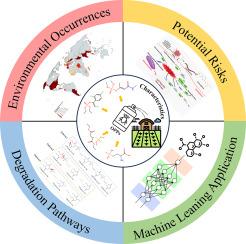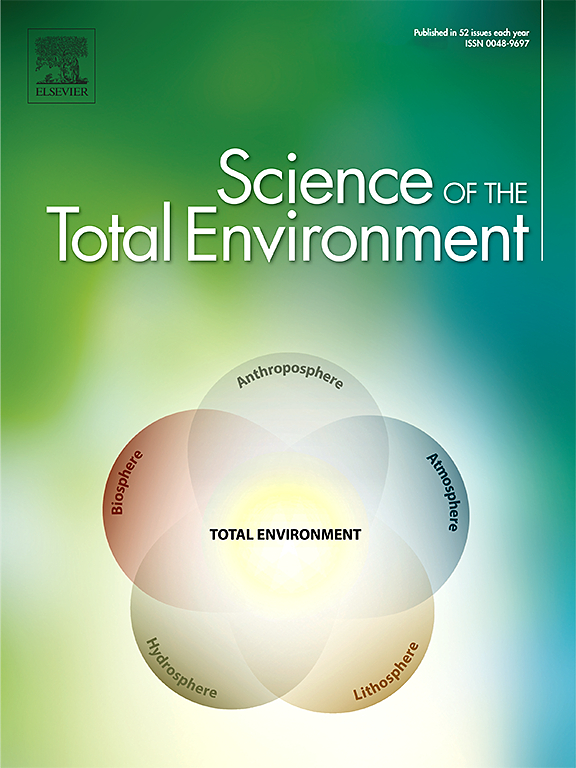Unraveling the complexity of organophosphorus pesticides: Ecological risks, biochemical pathways and the promise of machine learning
IF 8
1区 环境科学与生态学
Q1 ENVIRONMENTAL SCIENCES
引用次数: 0
Abstract
Organophosphorus pesticides (OPPs) are widely used in agriculture but pose significant ecological and human health risks due to their persistence and toxicity in the environment. While microbial degradation offers a promising solution, gaps remain in understanding the enzymatic mechanisms, degradation pathways, and ecological impacts of OPP transformation products. This review aims to bridge these gaps by integrating traditional microbial degradation research with emerging machine learning (ML) technologies. We hypothesize that ML can enhance OPP degradation studies by improving the efficiency of enzyme discovery, pathway prediction, and ecological risk assessment. Through a comprehensive analysis of microbial degradation mechanisms, environmental factors, and ML applications, we propose a novel framework that combines biochemical insights with data-driven approaches. Our review highlights the potential of ML to optimize microbial strain screening, predict degradation pathways, and identify key active sites, offering innovative strategies for sustainable pesticide management. By integrating traditional research with cutting-edge ML technologies, this work contributes to the journal's scope by promoting eco-friendly solutions for environmental protection and pesticide pollution control.

揭示有机磷农药的复杂性:生态风险、生化途径和机器学习的前景
有机磷农药在农业中广泛使用,但由于其在环境中的持久性和毒性,对生态和人类健康构成重大风险。虽然微生物降解提供了一个有希望的解决方案,但在了解OPP转化产物的酶机制、降解途径和生态影响方面仍然存在空白。本综述旨在通过将传统的微生物降解研究与新兴的机器学习(ML)技术相结合来弥合这些差距。我们假设ML可以通过提高酶发现、途径预测和生态风险评估的效率来促进OPP降解研究。通过对微生物降解机制、环境因素和机器学习应用的综合分析,我们提出了一个将生化见解与数据驱动方法相结合的新框架。我们的综述强调了ML在优化微生物菌株筛选、预测降解途径和确定关键活性位点方面的潜力,为可持续农药管理提供了创新策略。通过将传统研究与尖端机器学习技术相结合,这项工作通过促进环境保护和农药污染控制的生态友好解决方案,为期刊的范围做出了贡献。
本文章由计算机程序翻译,如有差异,请以英文原文为准。
求助全文
约1分钟内获得全文
求助全文
来源期刊

Science of the Total Environment
环境科学-环境科学
CiteScore
17.60
自引率
10.20%
发文量
8726
审稿时长
2.4 months
期刊介绍:
The Science of the Total Environment is an international journal dedicated to scientific research on the environment and its interaction with humanity. It covers a wide range of disciplines and seeks to publish innovative, hypothesis-driven, and impactful research that explores the entire environment, including the atmosphere, lithosphere, hydrosphere, biosphere, and anthroposphere.
The journal's updated Aims & Scope emphasizes the importance of interdisciplinary environmental research with broad impact. Priority is given to studies that advance fundamental understanding and explore the interconnectedness of multiple environmental spheres. Field studies are preferred, while laboratory experiments must demonstrate significant methodological advancements or mechanistic insights with direct relevance to the environment.
 求助内容:
求助内容: 应助结果提醒方式:
应助结果提醒方式:


